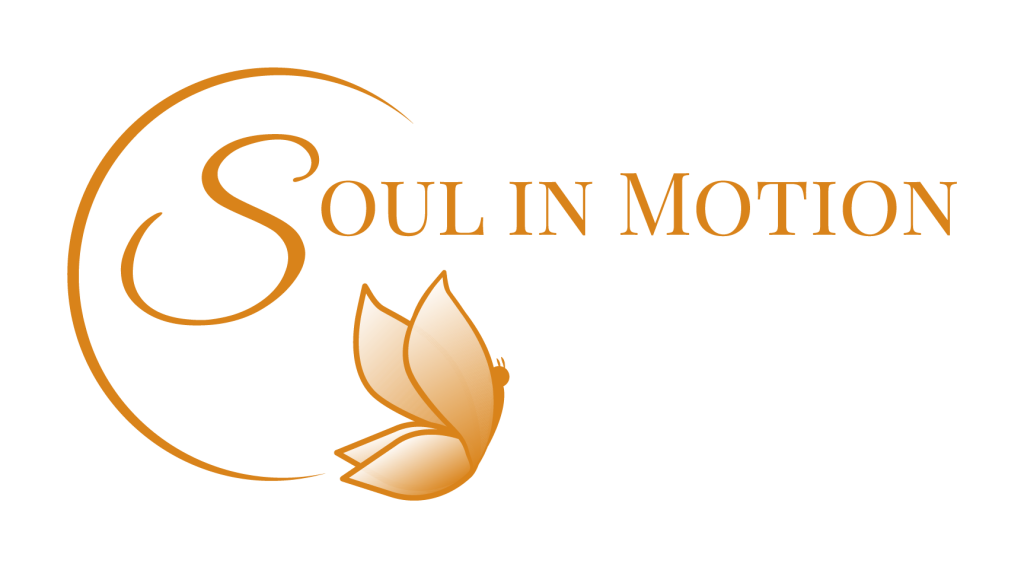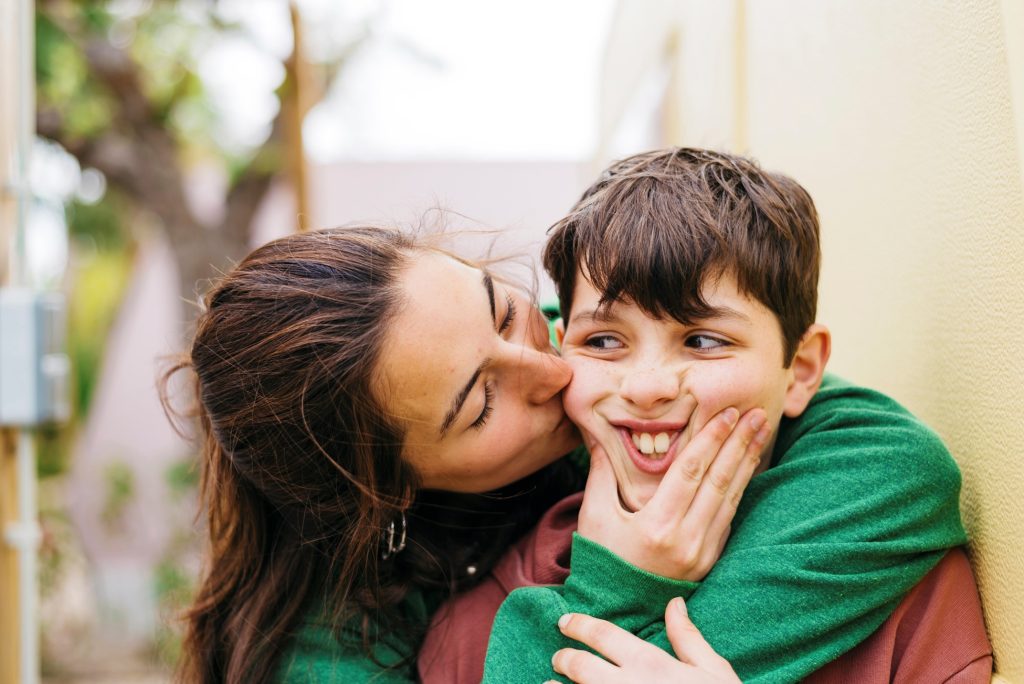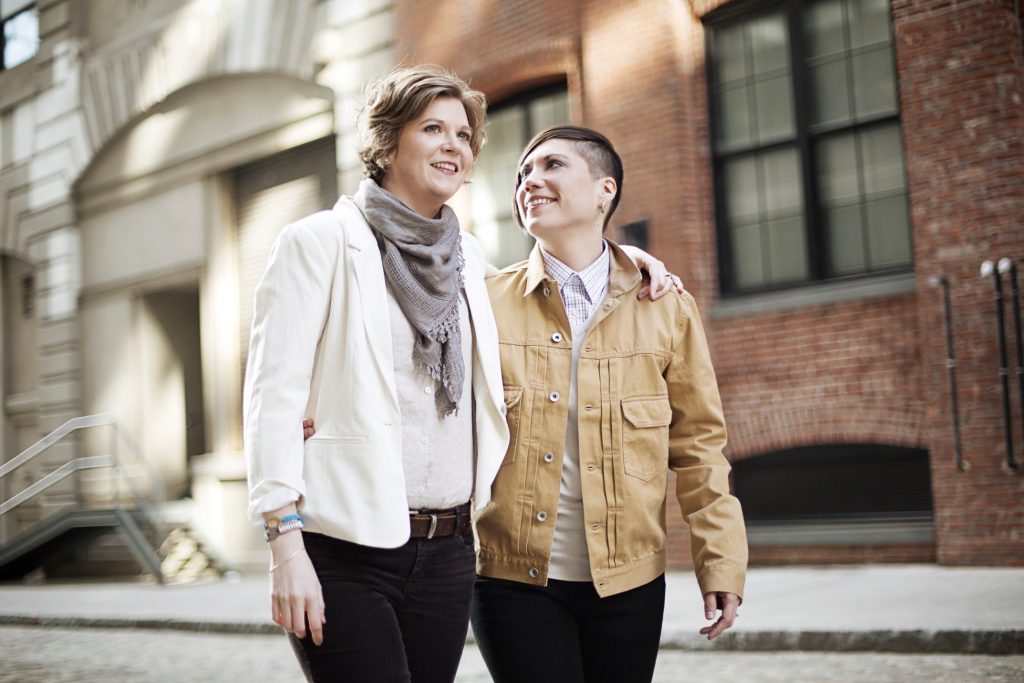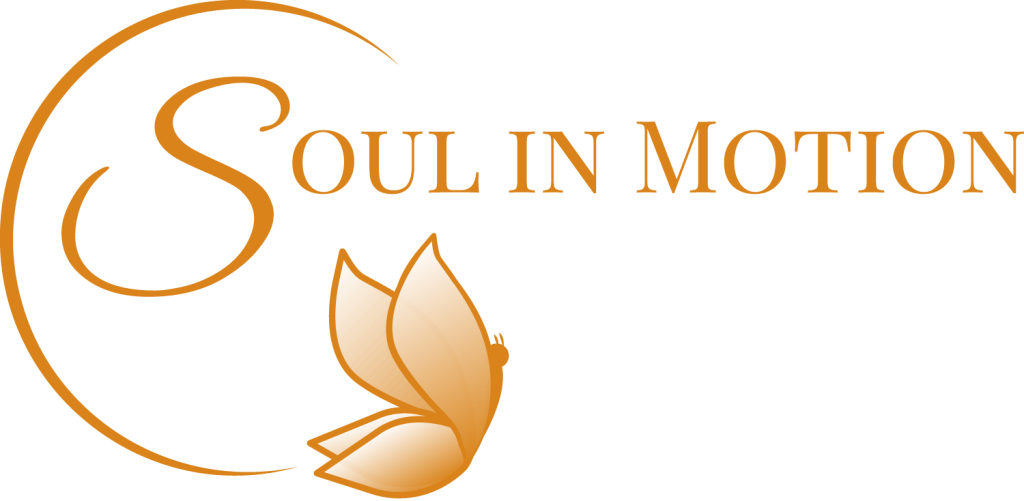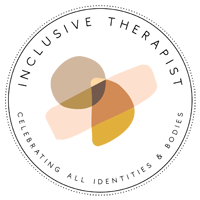Trauma can deeply impact our lives, especially how we experience and give love – a powerful force in our lives that is not always experienced the same. Let’s explore how past hurts can make it hard to love and accept love without conditions, and offers ways to heal and grow.
What is Unconditional Love?
Unconditional love is a type of love that doesn’t depend on anything the other person does or doesn’t do. It’s loving someone for who they are, not for how they act or what they can do for us. This kind of love says, “I care about you, no matter what.”
Key features of unconditional love:
- It’s constant and doesn’t change based on circumstances
- It accepts the whole person, including their flaws
- It’s given freely, without expecting anything in return
Unconditional love is not:
- Allowing others to hurt or take advantage of us
- Ignoring our own needs and feelings
- Staying in harmful relationships
- Agreeing with everything someone does
- Coercing others to be who we want them to be as a prerequisite for good will
Unconditional love is about accepting and caring for someone, but it doesn’t mean you have to accept harmful actions.
How Trauma Affects Our Ability to Love
When we experience trauma, it can change how we see ourselves and others. Some ways trauma makes it hard to love unconditionally include:
- Fear of getting hurt again
- Difficulty trusting others
- Feeling unworthy of love
- Putting up walls to protect ourselves
For example, someone who was betrayed might find it hard to trust new partners. They might always be on guard, waiting for something to go wrong. This makes it tough to love freely and openly.
The Impact of Conditional vs. Unconditional Love
Conditional love often comes with strings attached. It might sound like, “I’ll love you if you get good grades” or “I’ll care about you as long as you don’t make mistakes.” This can make us feel we have to earn love, leading to:
- Insecurity: We might always feel we have to earn love.
- Fear of abandonment: We might worry that if we’re not “good enough,” we’ll be left alone.
- People-pleasing: We might try too hard to make others happy at our own expense.
- Difficulty trusting others: If love always came with conditions, it can be hard to believe in unconditional love.
On the other hand, unconditional love helps us:
- Build self-esteem: When we’re loved unconditionally, we feel valuable just for being ourselves.
- Create emotional security: We feel safe to express ourselves and make mistakes.
- Encourage growth: We’re more likely to try new things when we’re not afraid of losing love if we fail.
- Improve mental health: It can reduce anxiety and depression.
- Strengthen relationships: It creates deep, lasting bonds.
When we receive unconditional love, we’re more likely to give it to others too.
How to Give Unconditional Love (Even If You Didn’t Receive It)
Despite the damaging effects of trauma, it’s possible to learn to give unconditional love, even if you didn’t experience it growing up. Here are some steps to help:
- Start with self-love: Practice accepting yourself, flaws and all. This makes it easier to accept others.
- Practice empathy: Try to understand others’ feelings and experiences. This helps you connect with them on a deeper level.
- Separate actions from the person: Remember, you can dislike someone’s behavior while still caring about them as a person.
- Let go of judgment: Try to observe without labeling others or their behaviors as “good” or “bad.”
- Communicate openly: Express your feelings honestly, but without blaming or criticizing others.
- Set healthy boundaries: Remember, unconditional love doesn’t mean tolerating harmful behavior. It’s okay to set limits.
- Practice forgiveness: This doesn’t mean forgetting or allowing harmful behavior to continue, but letting go of resentment.
- Show love in various ways: Use words, actions, time, and attention to express your care.
- Be patient: Learning to love unconditionally takes time. Be gentle with yourself in the process.
- Seek support: Consider talking to a therapist if you’re struggling. They can help you work through past experiences and learn new ways of relating.
Learning to love unconditionally isn’t easy, especially when we’ve been hurt. But with patience and practice, we can open our hearts again. Remember, it’s a journey. Be kind to yourself as you learn and grow.
By understanding how trauma affects our ability to love, we can take steps to heal. This allows us to experience deeper, more fulfilling relationships – with ourselves and others. As we cultivate unconditional love, we create a more compassionate world for everyone.
Learn More
If you’d like to learn more about trauma, we welcome you to visit our Trauma Therapy Page.
If you’d like to learn more about how anxiety and relationships intersect, we invite you to visit our Anxiety Therapy Page.
To reach out, just click this link.

